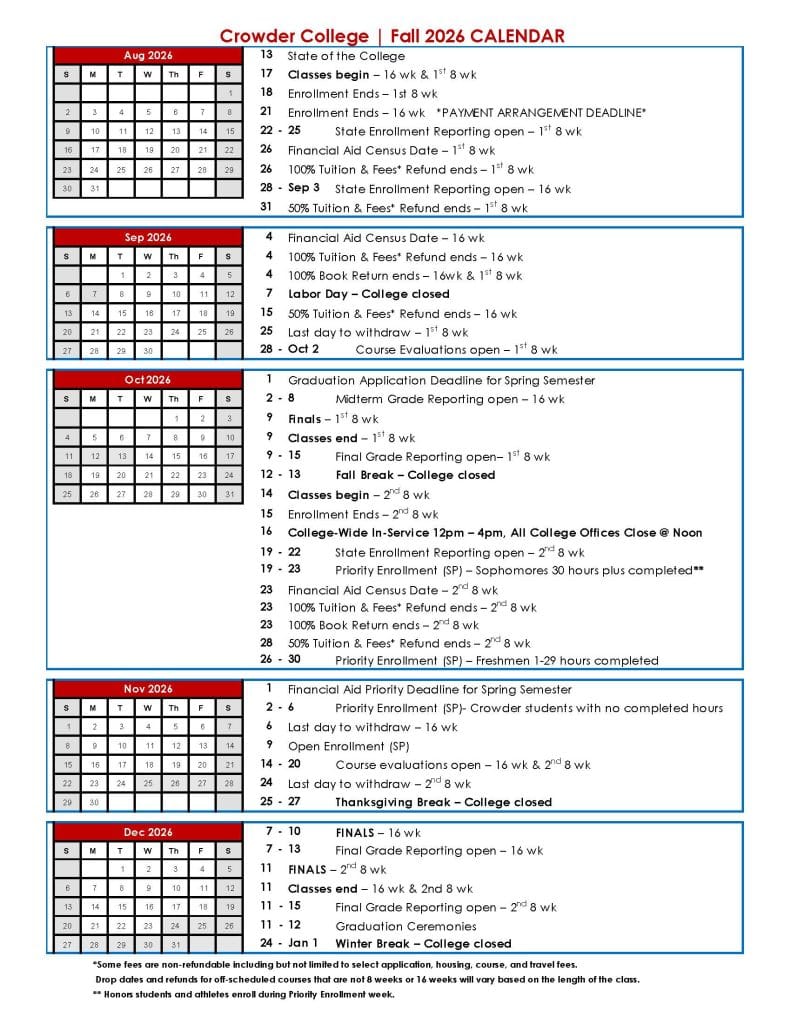Understanding the Federal Reserve’s meeting schedule for 2026 is crucial for investors, economists, and anyone with an interest in the economy. The Fed meeting schedule 2026 outlines the dates when the Federal Open Market Committee (FOMC) gathers to set monetary policy, discuss economic indicators, and potentially make decisions that impact interest rates and financial markets. By decoding the Fed meeting schedule 2026, you can stay ahead of key announcements, anticipate market movements, and make informed decisions about your investments. In this blog, we will delve into what you need to know about the upcoming Fed meetings in 2026 and how they could influence the economic landscape.
There is NOT an "emergency Fed meeting" today.
The closed board meeting being described as an emergency meeting was scheduled on April 3rd.
These meetings happen roughly twice a month. pic.twitter.com/Yp6YrKEO1Z
— The Kobeissi Letter (@KobeissiLetter) April 7, 2025
Introduction to the Fed Meeting Schedule 2026
As we delve into the Fed Meeting Schedule 2026, it’s crucial to keep abreast of the latest updates and decisions made by the Federal Reserve. The year 2026 is expected to be pivotal in terms of economic policies, interest rates, and overall financial market movements. Understanding the intricacies of the Fed meetings can provide valuable insights for investors, businesses, and individuals alike.
Key Points to Note for Fed Meeting Schedule 2026
Amidst the uncertainties of the global economy, the Fed Meeting Schedule 2026 holds significant importance. With the Federal Reserve playing a crucial role in shaping monetary policies, market participants eagerly await the outcomes of these meetings to gauge the future direction of interest rates and economic stability.
- The transcripts and minutes released after each meeting provide detailed insights into the discussions and decisions taken by the Fed officials.
- Investors need to pay close attention to the guidance provided by the Fed regarding inflation, employment, and economic growth projections.
- Changes in the federal funds rate can have a ripple effect on various financial instruments and markets, making it essential to monitor the Fed’s actions closely.
Implications for Various Sectors
The Fed Meeting Schedule 2026 can have a profound impact on different sectors of the economy. From banking and housing to manufacturing and consumer spending, the decisions made by the Federal Reserve can influence the overall economic landscape.
For example, a rate hike during one of the meetings could lead to higher borrowing costs for businesses and consumers, potentially slowing down economic growth. On the other hand, a rate cut might stimulate borrowing and spending, boosting economic activity.
Importance of Understanding the Fed Meetings
Understanding the Fed meeting schedule 2026 is crucial for businesses and investors to make informed financial decisions. The Federal Reserve plays a significant role in shaping the country’s monetary policy, which directly impacts interest rates, inflation, and overall economic stability.
The Impact on Interest Rates
One of the primary reasons to stay informed about the Fed meetings is the potential impact on interest rates. Changes in the federal funds rate can influence borrowing costs for businesses and consumers alike, affecting spending and investment decisions.
Market Expectations
Anticipation and reactions to Fed meetings can sway market sentiments. Investors closely watch for any signals from the Fed regarding future policy actions, which can lead to market volatility and asset price movements.
Key Dates and Events in the Fed Meeting Schedule 2026
Stay updated on the critical dates and events in the Fed meeting schedule 2026 to better understand the trajectory of the economy.
Quarterly Meetings
Throughout 2026, the Federal Reserve is scheduled to hold eight quarterly meetings to discuss monetary policy and the state of the economy.
Meeting 1: March 17
The first meeting of the year will take place on March 17, where policymakers will assess current economic conditions.
Meeting 2: June 16
On June 16, the Fed will convene to review economic indicators and potential policy adjustments.
Meeting 3: September 15
In the third meeting scheduled for September 15, policymakers will announce any changes in interest rates or stimulus measures.
Meeting 4: December 15
The final meeting of 2026, slated for December 15, will provide insights into the Fed’s outlook for the coming year.
Economic Projections Release
Accompanying each meeting, the Fed will also release updated economic projections that include GDP growth forecasts, inflation expectations, and unemployment rate estimates.
Mark your calendar to stay informed about these crucial events shaping the economic landscape in 2026.
Implications of the Fed Meeting Decisions
As we delve into the implications of the Fed Meeting Decisions for the Fed Meeting Schedule 2026, it is crucial to understand the impact these decisions will have on the economy.
Economic Stability
The decisions made during the Fed meetings can greatly influence economic stability in the upcoming year. Markets react to these decisions, and investors may adjust their strategies accordingly.
Interest Rates
One of the key aspects affected by Fed Meeting Decisions is interest rates. Changes in interest rates can impact borrowing costs for businesses and consumers, ultimately influencing spending and investments.
Stock Market Performance
The stock market performance is closely tied to the Fed’s decisions. Any hints on future policies or shifts in monetary policy during the meeting can lead to fluctuations in stock prices and market volatility.
Expert Analysis and Predictions
As we delve into the fed meeting schedule 2026, expert analysis and predictions play a crucial role in understanding the potential implications. Industry experts anticipate a cautious approach from the Federal Reserve, considering economic indicators pointing towards inflationary pressures.
Market Volatility Expected
Given the uncertainties surrounding global trade and geopolitical tensions, fed meeting schedule 2026 is likely to witness increased market volatility. Investors are advised to diversify their portfolios to mitigate risks.
Interest Rate Hike Speculations
Speculations are rife regarding the possibility of interest rate hikes during the fed meeting schedule 2026. Analysts suggest that the Federal Reserve may adopt a gradual approach to normalize monetary policy to support economic growth.
Moreover, small businesses and consumers are advised to monitor these developments closely as they may impact borrowing costs and investment decisions.
Preparing for Potential Market Impacts
As the Federal Reserve Meeting Schedule 2026 unfolds, it’s crucial for investors to be proactive in assessing and preparing for potential market impacts. Anticipating the outcomes of these meetings can provide valuable insights into the direction of interest rates and overall market sentiment.
Review Historical Data
One key strategy is to review historical data from past Fed meetings to understand how different types of market assets have reacted to various policy decisions. This can help in formulating a proactive investment strategy.
Evaluate Risk Tolerance
It’s essential to evaluate your risk tolerance and assess how potential market impacts from the 2026 Fed meetings align with your investment goals. Understanding your risk appetite can guide decision-making during uncertain times.
Frequently Asked Questions
- What is the Federal Reserve Meeting Schedule?
- The Federal Reserve Meeting Schedule is a calendar of meetings held by the Federal Reserve’s Federal Open Market Committee (FOMC) to discuss and determine monetary policy for the United States.
- What happens during the Fed meetings?
- During the Fed meetings, policymakers review economic and financial conditions, decide on monetary policy actions such as interest rate changes, and provide economic forecasts.
- Why is it important to pay attention to the Fed Meeting Schedule?
- The decisions made during the Federal Reserve meetings can have significant impacts on the economy, financial markets, and individual investors. It is crucial for individuals and businesses to understand the outcomes of these meetings.
- How often does the Federal Reserve hold meetings?
- The Federal Reserve typically holds eight scheduled meetings a year. However, there can be additional ad hoc meetings if deemed necessary.
- What can we expect from the Fed Meeting Schedule in 2026?
- The 2026 Federal Reserve Meeting Schedule is anticipated to address economic recovery, inflation, employment trends, and the overall state of the economy post-pandemic.
Final Thoughts: Navigating the Fed Meeting Schedule 2026
Deciphering the Federal Reserve’s meeting schedule for 2026 is crucial for investors, economists, and the general public alike. By understanding the timing and implications of these meetings, individuals can better anticipate market movements and economic trends. The significance of these gatherings goes beyond monetary policy decisions; they shape the financial landscape of the entire nation. As we delve into the Fed’s schedule for 2026, remember to monitor key dates, watch out for policy shifts, and stay informed about the broader economic context. Ultimately, staying abreast of the Fed’s meetings will empower you to make informed decisions and navigate the financial terrain with confidence.




